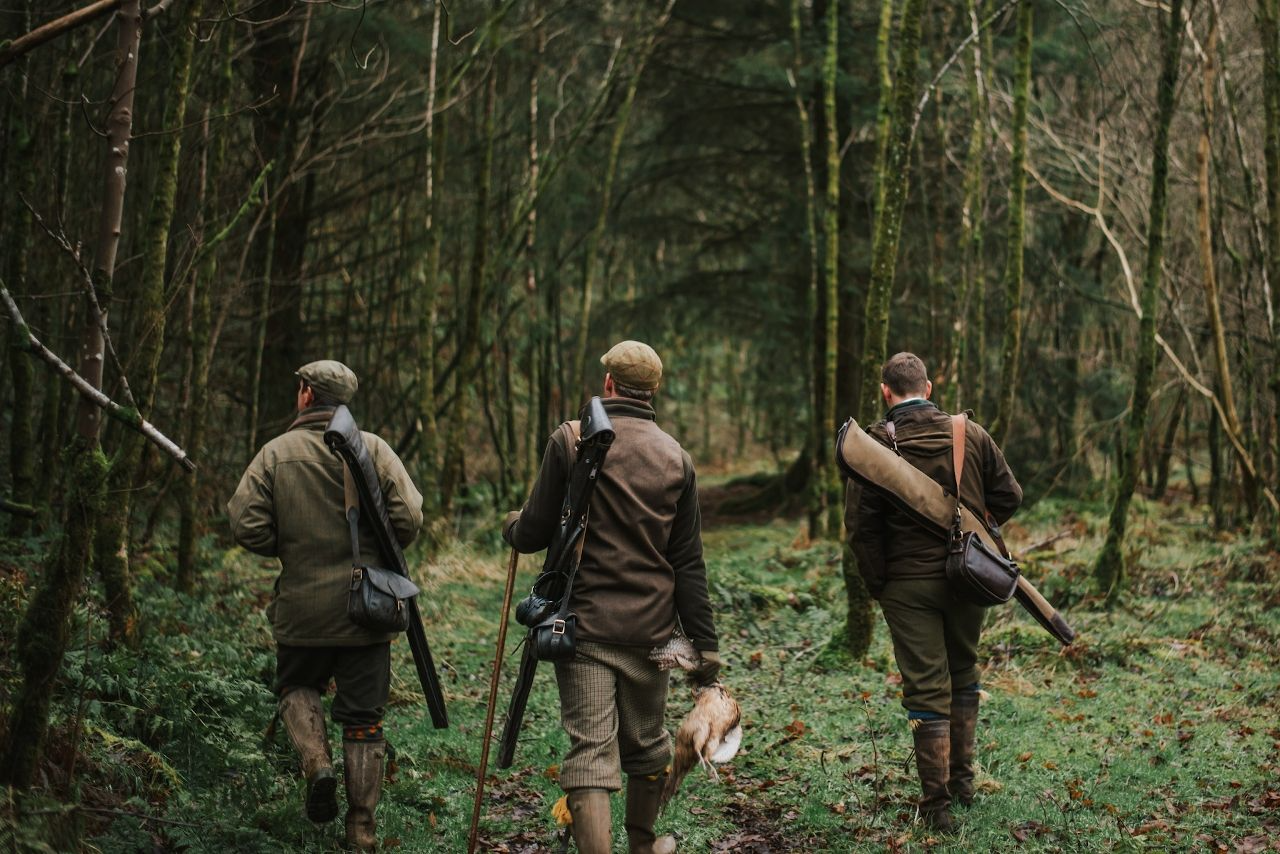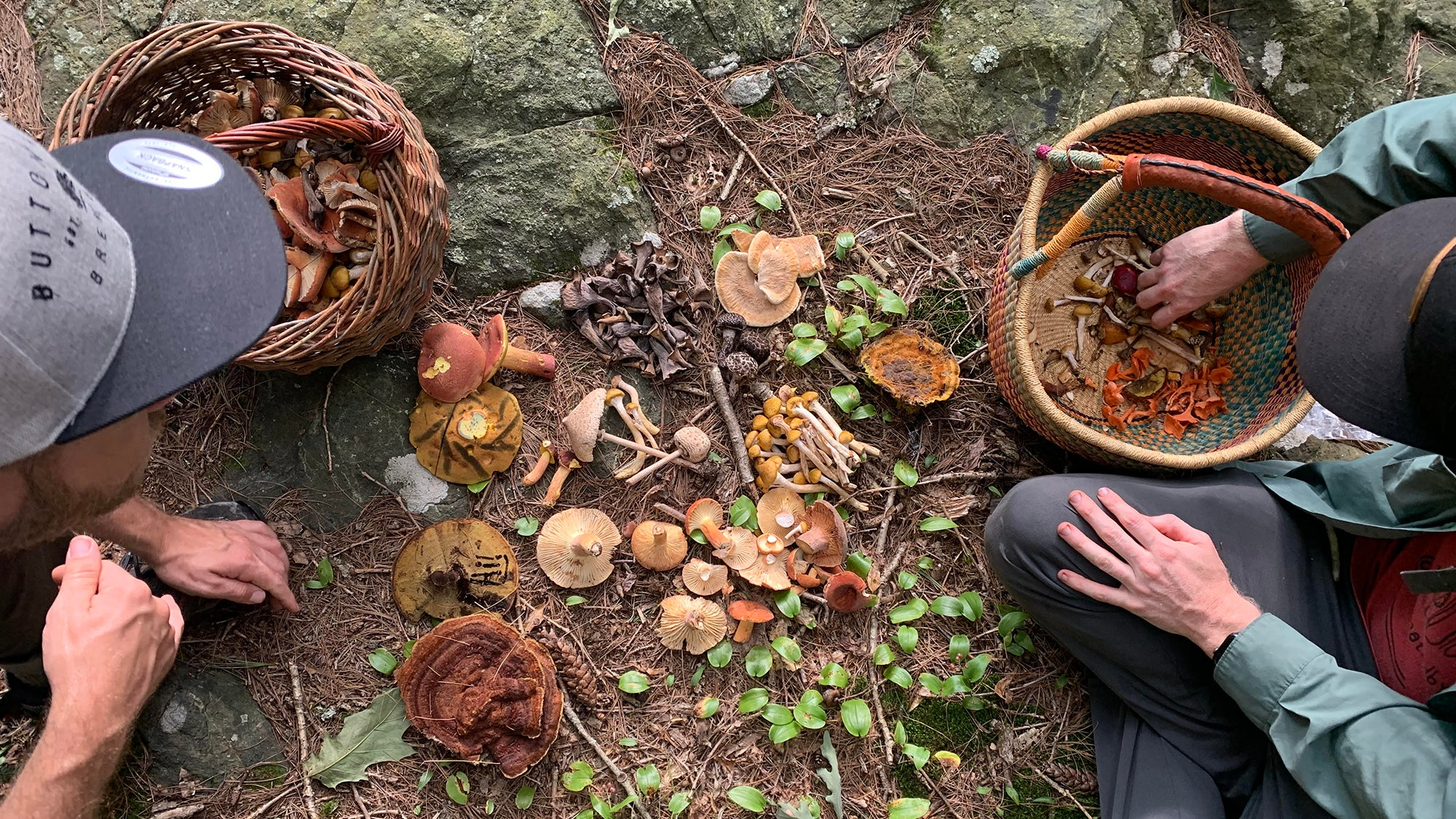Hunting has been an integral part of human history, serving as a means of survival, a rite of passage, and a symbol of connection with nature. While modern times have transformed hunting practices, the traditions that surround it continue to captivate and inspire. The timeless appeal of hunting lies not just in the act itself but in the values, skills, and stories passed down through generations. Let’s delve into what makes hunting traditions enduring and why they remain significant today.
Preserving the legacy: the timeless appeal of hunting traditions
A connection to nature and heritage
At its core, hunting is about forging a deep relationship with the natural world. The tradition teaches respect for wildlife and ecosystems, fostering a sense of responsibility toward preserving them. Hunters often recount stories of their ancestors, emphasizing how hunting shaped their family’s identity and values. This connection to heritage gives hunting a profound significance that goes beyond the activity itself.
Skills passed through generations
Hunting traditions are rich with knowledge and skills that have stood the test of time. From tracking animals and understanding their behaviors to mastering the use of tools and weapons, these skills are not only practical but also an art form. Sharing these techniques between generations strengthens familial bonds and keeps the spirit of the hunt alive.
The rituals of hunting
Hunting is steeped in rituals that vary across cultures and regions. These rituals—from the preparation of gear to the storytelling sessions around a campfire—create a sense of community and purpose. They transform hunting into a meaningful experience, celebrating the interconnectedness of people and nature.
Modern hunting: balancing tradition and innovation
While the essence of hunting traditions remains intact, advancements in technology have introduced new tools and techniques. Modern hunters now have access to high-tech gear such as GPS devices, trail cameras, and precision optics. These innovations enhance efficiency but also raise questions about maintaining the authenticity of the hunt. Striking a balance between tradition and innovation ensures that hunting remains a respectful and fulfilling practice.
The role of hunting in conservation
Hunting traditions have evolved to include a focus on conservation. Ethical hunting practices and sustainable wildlife management contribute to the preservation of habitats and species. Many hunting communities actively support conservation programs, demonstrating their commitment to protecting the natural world for future generations.
Why hunting traditions endure?
-
A sense of belonging: Hunting fosters a deep sense of camaraderie among those who participate, creating lasting connections within families and communities.
-
Timeless values: Patience, discipline, and respect for nature are values that transcend generations, making hunting a timeless pursuit.
-
Cultural identity: For many, hunting is a cultural cornerstone, symbolizing resilience, adaptability, and tradition.
-
Personal growth: Hunting challenges individuals physically and mentally, fostering a sense of accomplishment and self-reliance.
Preserving the legacy
To ensure hunting traditions endure, it’s essential to:
-
Educate the next generation: Teaching younger generations the skills and values associated with hunting ensures the legacy continues.
-
Promote ethical practices: Encouraging responsible and sustainable hunting practices protects wildlife and ecosystems.
-
Celebrate the stories: Sharing hunting tales and experiences keeps the cultural and emotional aspects of the tradition alive.
-
Adapt and evolve: Embracing modern tools while honoring traditional values allows hunting to remain relevant in a changing world.
Final thoughts
The legacy of hunting traditions is a testament to humanity’s enduring connection to nature and the values that define us. By preserving these traditions, we honor our past while paving the way for future generations to experience the timeless appeal of the hunt. Hunting is not merely an activity; it’s a celebration of heritage, a journey of self-discovery, and a profound expression of respect for the natural world.






















